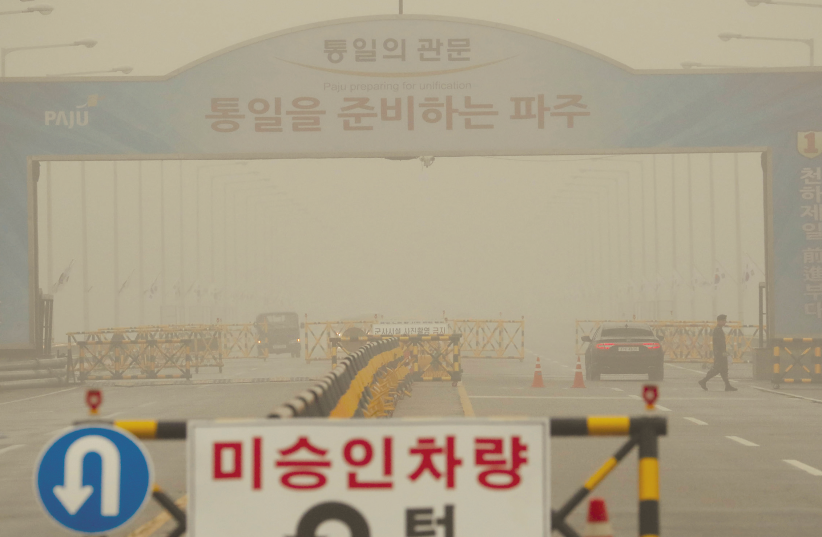Is a Korean reconciliation a precedent for an Israeli-Palestinian reconciliation? Not likely
The Korean conflict does not include some of the explosive components of the Israeli-Palestinian conflict, notably the status of Jerusalem and the refugee question.
